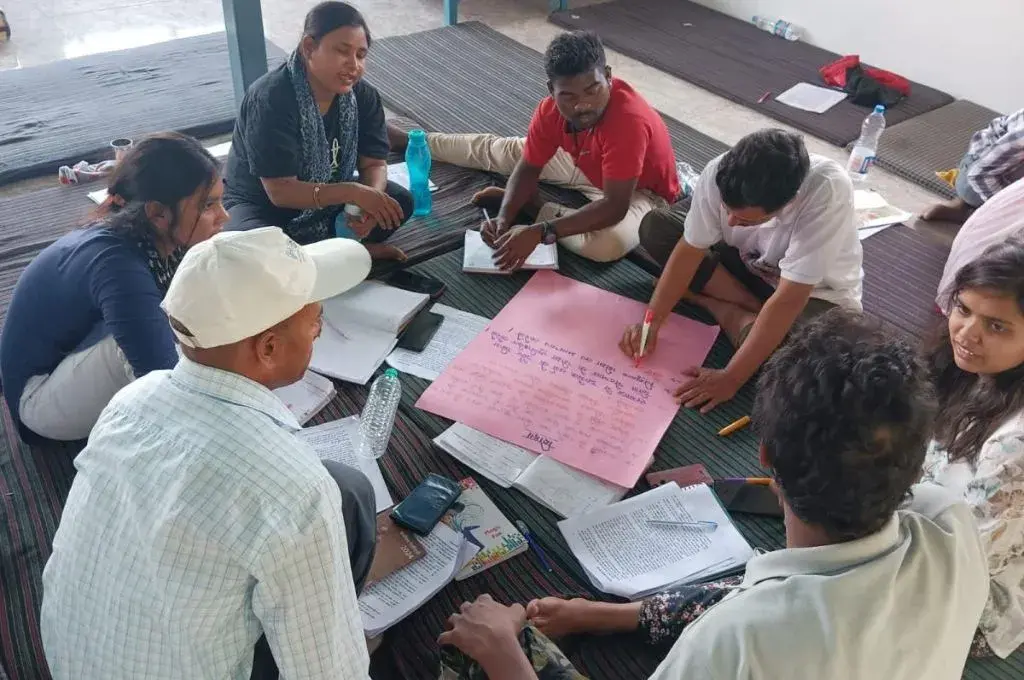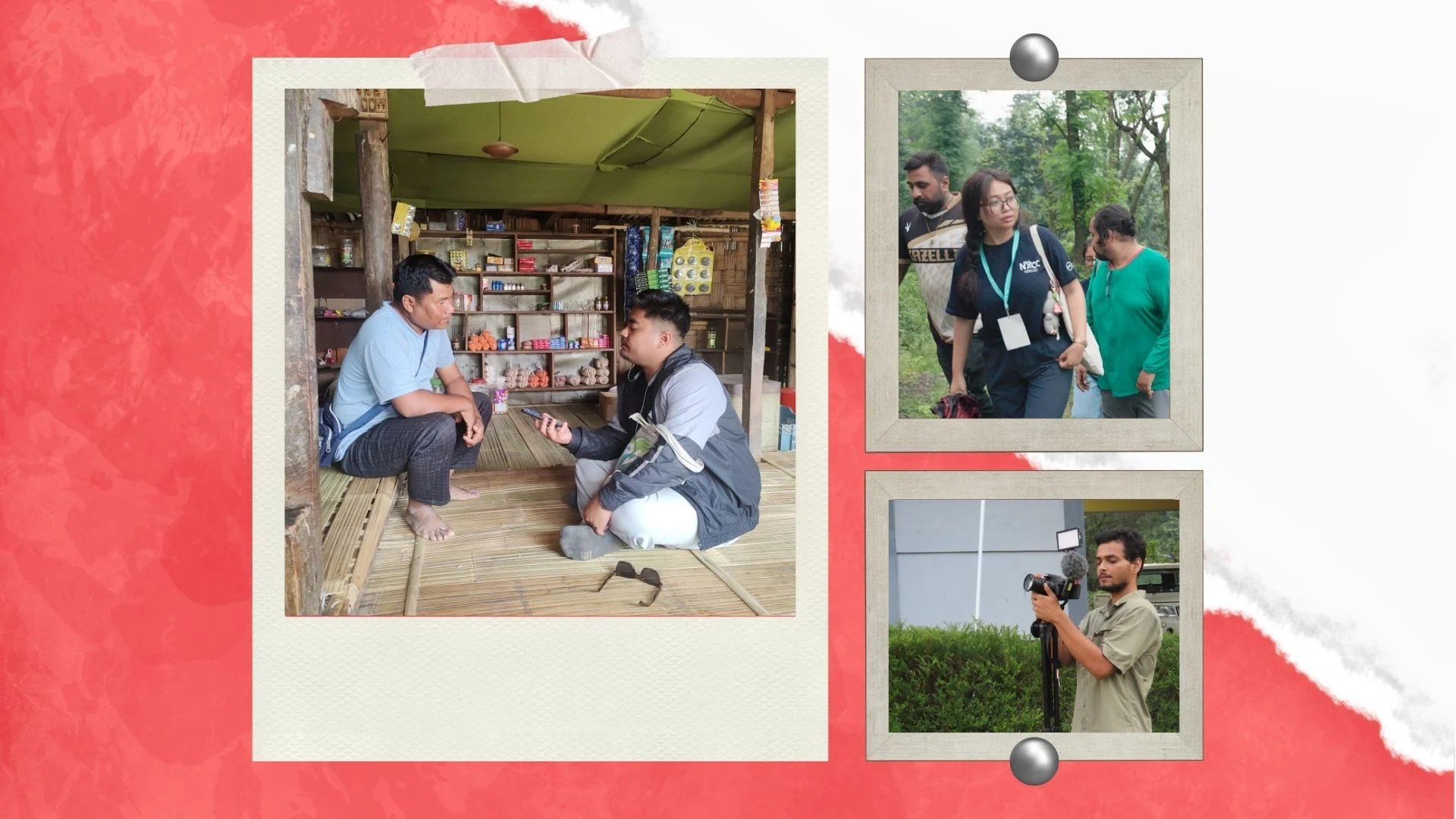Suchetha Bhat is the CEO of Dream a Dream, a nonprofit that empowers children from vulnerable backgrounds to thrive. Since starting her career in 2001, she has worked both in the corporate and social sectors. Under her leadership, Dream a Dream has grown from working with 10,000 young people in Bengaluru to more than one million children across five states. NITI Aayog has listed Suchetha among the 75 Women Entrepreneurs Transforming India in 2021.
Vishal Talreja co-founded Dream a Dream with 11 other people. He is an Ashoka Fellow, an Eisenhower Fellow, a Kamalnayan Bajaj (Aspen) Fellow, a Salzburg Global Fellow, and a board member at Goonj. Vishal was also the founder-director of UnLtd India and a board member of PYE Global and India Cares Foundation. He has been recognised as an ‘Architect of the Future’ by the Waldzell Institute in Austria and as ‘Innovator of the Year’ in 2019 by HundrED.
This episode is part of a special series in partnership with The Wellbeing Project where we look at the intersection of failure and well-being.
Excerpts:
Suchetha Bhat
“I think as a world itself, we need a very different kind of leadership; we need a non-hero, take everyone along, kind of facilitative leadership that comes more naturally to women. So I’m a big proponent today that can we as women actually take the lead, can we move, you know, lead from the front, taking everyone along, and really being generous with what we have to offer and the style that we can bring in. And it doesn’t always have to be to make the man’s dreams possible, or to make somebody else successful. So I might have taken you know, even today, I might do many of the steps, maybe the same steps that I did. But I would not perceive myself as in the background, but a unique, equally gifted, visionary, and operationally skilled leader who has something to offer. And I would do this more as a partnership, which we’re, you know, we’re kind of moving into today.”
Vishal Talreja
“What was difficult was to let go of decision-making in many aspects of how the organisation is run. What is liberating is that I could now focus decision-making on things that are most important like strategy, culture, and I could truly let go of operations. What was difficult was to give away decision-making to other people in the organisation. But what was liberating was to learn to trust—learn to trust my team, learn to trust Suchetha. Also having grown up in a deeply patriarchal home environment. I have grown up with messages of me being special; me being the hero as the boy. To now become a part of a team where I’m no longer the hero, but I’m one of many, was very difficult to let go. What was difficult was to now sit in team meetings and stay silent and have other voices come in, and to listen to other ideas. But what is liberating is to realise that there are people out there who have much better ideas than me.”
—
Read more
- Read more failure stories on Failure Files.
- Dip into Centred Self, a series exploring the important but often overlooked connection between inner well-being and effective social change.
- Check out some ideas and tools from Fail Forward to help your organisation take risks, learn, adapt, and fail intelligently.
- Understand why the social sector must recognise and talk about failure.
- Learn why talking about failure is crucial for growth.
- Explore Alliance Magazine’s issue on learning from failure and how it can contribute to better philanthropy.
Want to share your failure story? Learn more about what we’re looking for here, and share your pitch/story on writetous@idronline.org



